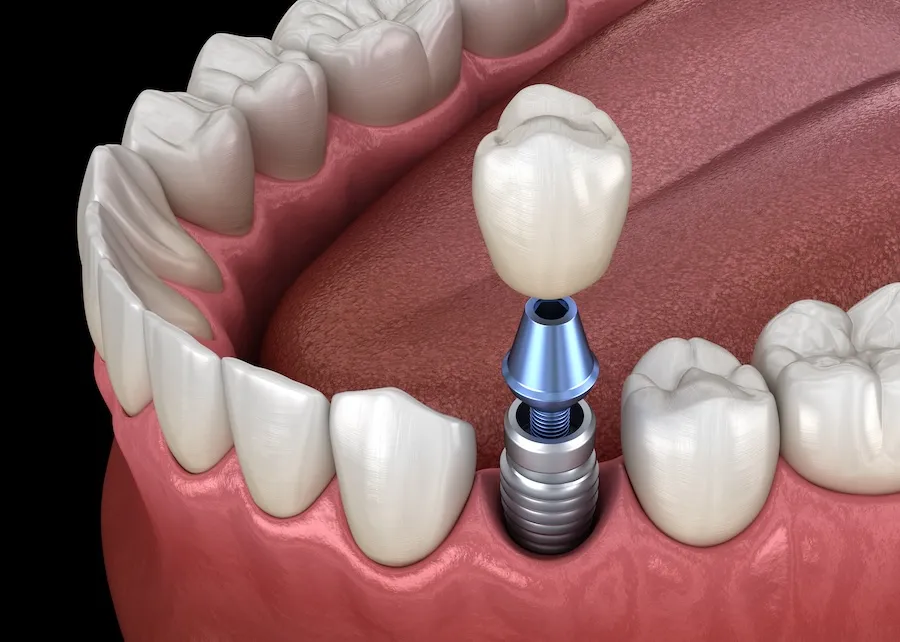How Sleep Impacts Fertility for Both Men and Women
Sleep is a fundamental component of overall health, yet its connection to reproductive health often goes unnoticed. For couples trying to conceive, understanding the role sleep plays in fertility can provide valuable insights into their journey. While sleep does not guarantee improved fertility outcomes, research has highlighted its influence on various aspects of reproductive health for both men and women.
Sleep and Hormonal Regulation
Sleep has a direct influence on the regulation of hormones key for fertility. For women, sleep disruptions can alter the production of hormones such as the luteinizing hormone (LH) and the follicle-stimulating hormone (FSH), which are essential for ovulation. Changes in these hormone levels can sometimes impact the regularity of the menstrual cycle, which may, in turn, affect fertility. Studies have observed that irregular sleep patterns or chronic sleep deprivation are associated with disruptions in these hormonal rhythms, which are timed to specific phases of the reproductive process.
For men, sleep also impacts hormone production, particularly testosterone. Testosterone plays a key role in sperm production and quality. Research suggests that reduced sleep or poor sleep quality can result in lower testosterone levels, potentially affecting sperm motility and count. This connection underscores the role of sleep in maintaining a hormonal balance conducive to reproductive health.
Sleep and Reproductive Function
The quality and duration of sleep can also influence specific aspects of reproductive function. Research indicates that women with consistent sleep schedules tend to experience fewer complications related to ovulation compared to those with irregular sleep patterns. Deep stages of sleep are linked to the body’s ability to repair and regenerate cells, which is integral to maintaining healthy reproductive tissues.
In men, inadequate sleep has been linked to oxidative stress, which can compromise sperm DNA integrity. Oxidative stress occurs when there is an imbalance between free radicals and antioxidants in the body. This imbalance may affect sperm development, reducing its ability to fertilize an egg. While more research is required to define the precise mechanisms behind these processes, the data underscores sleep’s potential role in supporting healthy reproductive function across genders.
Lifestyle Factors and Sleep’s Role in Fertility
Sleep interacts with several lifestyle factors known to influence fertility. Poor sleep quality is frequently associated with factors such as higher stress levels, increased body weight, and unhealthy dietary habits. For couples trying to conceive, addressing these interconnected factors may enhance fertility outcomes.
Stress can disrupt the hypothalamic-pituitary-gonadal (HPG) axis, which regulates the production of reproductive hormones. Sleep directly influences stress regulation by helping to maintain proper cortisol levels, a hormone that helps manage stress responses. Inadequate sleep is linked to metabolic changes that may contribute to weight gain, which can influence ovulation in women and sperm health in men. By improving sleep behaviors, individuals may indirectly address some of these lifestyle factors, creating a more favorable environment for conception.
Learn More About Fertility
Sleep contributes to hormonal balance, supports reproductive function, and interacts with lifestyle factors that may influence the ability to conceive. Addressing sleep patterns could act as one facet of a broader approach to optimizing reproductive health. If sleep issues persist, it may help to consult a healthcare provider to explore strategies for improving sleep hygiene and overall well-being.











Post Comment